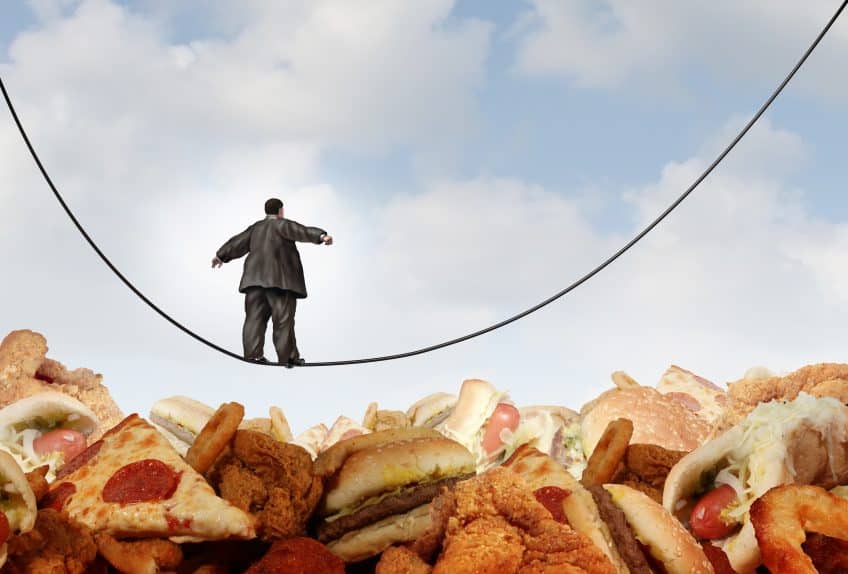
Emotional Eating – How In Control Are You?
With the arrival of April, it’s that time of year again to think about how emotions may be impacting on our food intake and choices.
April is Emotional Overeating Awareness Month, which may well hold personal significance with the majority of us but is often a topic well avoided by many.
Achieving your ideal weight and maintaining it means that it is vital that we understand the reason we sometimes overindulge in certain foods.
What is emotional eating?
Whilst there is nothing wrong in treating yourself to your favourite food or meals occasionally, the damage occurs when this becomes a daily habit. However, if any of the following apply to you, it is likely that you eat as a reflection of your emotions and feelings:
- Eating when stressed
- Eating regardless of feeling full
- Eating to improve low mood
- Eating as a reward
- Feeling powerless around food
We often associate emotional eating with a feeling of lowness, but emotional eating can equally belong to positive emotions too with many of us reaching for sweet treats as a sign of reward and achievement. Emotional overeating can become a vicious cycle and daily habit, prompted by stress or busyness, with the goal of looking for comfort from your plate or bowl.
What follows are 4 quick and easy tips that can be integrated into your daily life, enabling you to focus on your triggers and combat them for good – making food an area of your life you feel in control of once again.
-
Alternative means of feeding your emotions
If you’re anxious, try going for a walk in the fresh air. If you’re feeling tired concentrate on looking after yourself and getting an early night. If you are feeling low, give a loved one a phone call or play with your pet/children. Bored? Initiate a new hobby or sit down to your favourite film.
-
Keeping a food and exercise diary
We underestimate approximately 20% of what we consume on a daily basis. To understand and identify a correlation between your mood and food and drink consumption, jot everything down. Perhaps you will notice that 30 minutes of exercise after work did wonders for your evening food choices.
-
Delay that instant food craving
The next time you are craving your go-to food, distract yourself for 5 minutes and then take reassess. Giving your mind and body 5 minutes to question your craving will give it the opportunity to perhaps make a different decision. This will enable you to regain control. There have also been studies into imagining yourself eating your favourite food – research has found that we will experience a significant decrease in craving if we simply imagine we have already eaten it.
-
Construct healthy habits
Instigating healthy habits is vital in combatting emotional eating and regaining control. Break up your day with a brisk walk, make 30 minutes every few days of ‘you’ time, or simply reconnect with the people around you. All of these habits will encourage positive feelings and a distraction from the pull of the fridge or snack cupboard.
Knowing your triggers is the key to unlocking a problem that can often perpetuate into something far greater than it needs to be. Instigating tools and strategies in combating this will enable you to live a life free of eating for emotional contentment.


